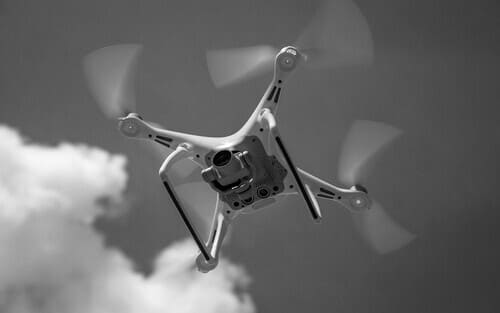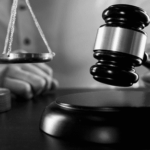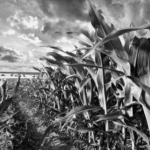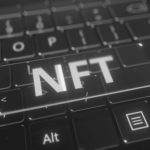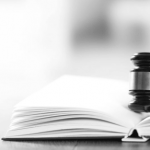Introduction & Drone Uses
Drones, sometimes known as unmanned aerial vehicles (UAVs) or unmanned aerial systems (UASs) are now commonplace in society. Most hobby drones come equipped with cameras that can record everyday scenarios. Additionally, with the rise of drones in industries such as package delivery services, many are left wondering what limits will be imposed to prevent unwanted intrusions from both private individuals and law enforcement alike. Some of the data received by package delivery drones utilized by companies such as Amazon include both standard and infrared photographing, mapping, and other data received from various other sensors that give the drone the ability to track both stationary and moving objects.
North Dakota’s Protections
North Dakota recently introduced Chapter 29-29.4 to the North Dakota Rules of Criminal Procedure. The Chapter focuses on law enforcement’s use of drones for surveillance and adds important limitations to law enforcement’s use of drones to protect public privacy. The law states that law enforcement agencies must generally obtain a warrant before utilizing a drone for a search. The chapter also prohibits any use of an unmanned aerial vehicle for domestic private surveillance. In addition to these laws, certain traditional laws already on the books may apply to certain situations as well.
Federal Drone Regulations
In addition to state laws, drones are subject to Federal Regulations under the authority of the Federal Aviation Administration (FAA). In 2018, Congress passed the FAA Reauthorization Act of 2018 which provides protections for everyday individuals by requiring any individual operating a drone, whether it be government operators or hobbyists, to comply with both State and Federal Privacy Laws. This means that law enforcement is still subject to the traditional Constitutional Provisions on Searches and Seizures. Notably, Section 1602 provides an exception for Homeland Security Agents when there is a credible threat to detect, identify, monitor, and track drones without any prior consent needed.
Finally, the Act also places important restrictions and limitations on private companies’ use of drones in commercial applications such as package delivery operations. In addition to requiring companies to comply with both State and Federal Privacy Laws as stated above, the Act states that anybody operating a business should have a policy available to the public that describes the use, retention, dissemination, and deletion of any data involved.
Conclusion
Overall, navigating the constantly evolving landscape of drones and airspace law can be a stressful and complicated process. Our team at SW&L Attorneys can help guide you through the process whether you have a criminal matter pending on a search by a drone, need a contract drafted for your privacy laws for your drone company, or any other drone scenario. To get in touch with our team, call 701-297-2890 or email us at: info@swlattorneys.com.
This article is for informational purposes only and is subject to our disclaimer.


